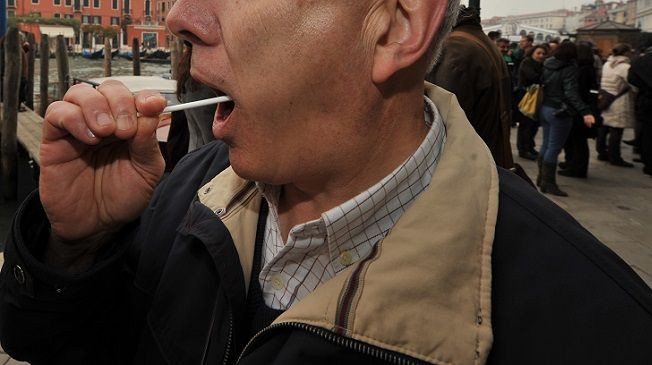New DNA Test Can Detect Distant Family Members More Accurately

A method that could identify disaster victims in mass floods and tornadoes has just been developed by researchers in Kyoto, Japan. The scientists have established a new swab sample identification process that can accurately confirm relatedness between two individuals, even as distant as second cousins.
"Our inspiration for the project came from tsunami victims in the 2011 Great East Japan earthquake," said Chie Morimoto, who led the study. "Many tsunami victims passed away, and over 70 of them have yet to be identified even though five years have passed."
Currently, when an entire community is destroyed by a disaster and DNA isn’t available for personal identification, testing for blood relations is the only hope for forensic scientists to identify victims. This technique is flawed because it can only confirm first-degree relatives like children or siblings.
The new Kyoto-developed identification technique only requires a swab sample, which is acquired from a dab inside the cheek and then compared to 170,000 single nucleotide polymorphisms (SNP). From there, the team can compare how each individual SNP matches and also examine how many consecutive matches there are.
For the time being, there is only enough identification information available for the Japanese population, but with sufficient data the method could be applied anywhere in the world.
"Up till now, the accuracy of verifying pairwise blood relations between parents and children were 95 percent and siblings around 72 percent. With slightly more distant relatives like aunts and uncles it goes down to five percent. As for cousins and second cousins, it was practically impossible," said study author Keiji Tamaki. "This new technique brings all of this to nearly 100 percent."
Source: Tamaki K, Morimoto C. Pairwise kinship analysis by the index of chromosome sharing using high-density single nucleotide polymorphisms. PLOS ONE. 2016.
Read more:
DNA Ancestry Tests Are 'Meaningless' for Your Historical Genealogy Search
Helping Out Family Members Is A Biological Duty, Even When They're Far Away
Published by Medicaldaily.com



























